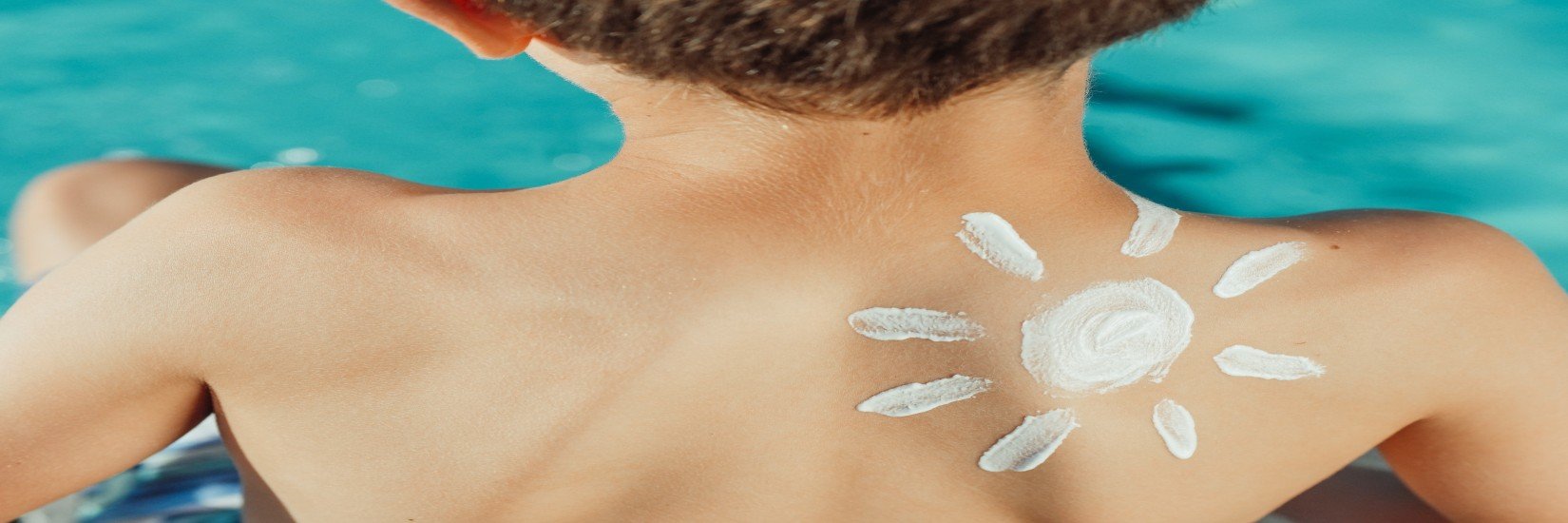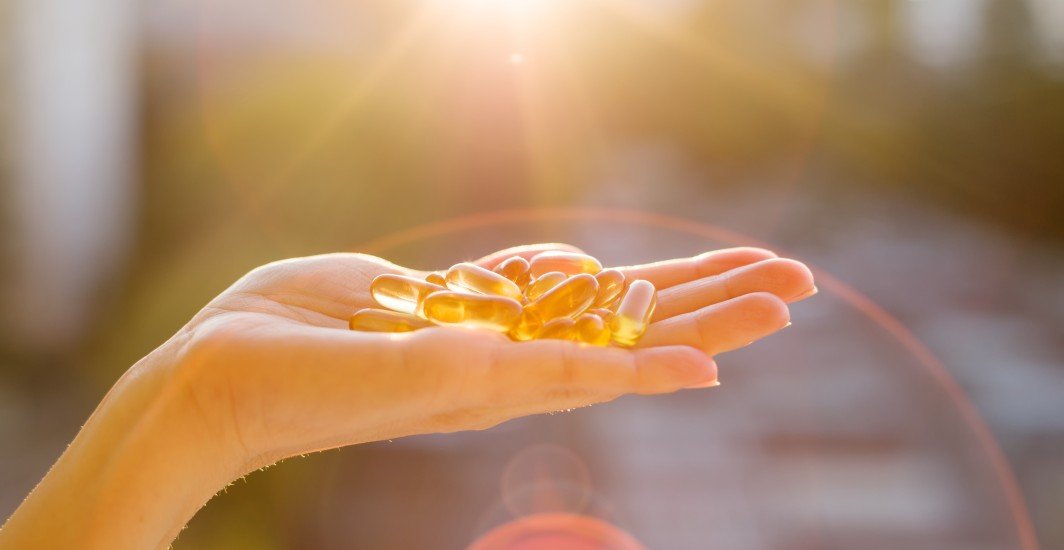- Home
- Blog
- General Health
10 Foods to Avoid to Ensure a Healthy Skin
General Health
10 Foods to Avoid to Ensure a Healthy Skin
By Apollo Pharmacy, Published on- 07 February 2024, Updated on -30 November 2024
Share this article
0
2 likes

What you eat can significantly impact the health and appearance of your skin. The old saying, "you are what you eat," holds for your skin as well. The food you consume provides the nutrients and building blocks necessary for the skin's repair and renewal processes. This blog will discuss ten foods that are best to avoid for better skin health. So, let's dive into the details of these foods and understand why they might not be the best choice when it comes to understanding how to take care of skin.
1. Refined Sugar and Sweets
Refined sugar and sweets may be tempting, but consuming excessive amounts can have negative effects on your skin.
- Spikes Blood Sugar Levels: When you consume refined sugar, it causes a spike in your blood sugar levels, leading to a process called glycation. Glycation damages collagen and elastin, the proteins responsible for keeping your skin firm and supple. This can result in premature ageing, wrinkles, and sagging skin.
- Causes Inflammation: Consuming refined sugar can trigger inflammation in the body. Inflammation is a natural response to protect against harmful stimuli, but chronic inflammation can contribute to various skin conditions such as acne and rosacea.
Opt for healthier alternatives such as fruits that are naturally sweet, like berries or mangoes, which also provide essential vitamins and antioxidants for your skin. Another option is to use natural sweeteners like honey or stevia in moderation.
2. Deep-Fried Foods
Deep-fried foods may be delicious, but they can negatively impact your skin health. When foods are deep-fried, they absorb a significant amount of oil, which can increase oil production in your skin. This excess oil can clog your pores, leading to acne breakouts and dull-looking skin. To improve your skin health:
- Limit your consumption of deep-fried foods.
- Opt for healthier cooking methods like baking, grilling, or steaming. These methods can help preserve the nutrients in your food without adding excessive oil.
- When you're craving a snack, try reaching for healthier alternatives such as fresh fruits and vegetables, yoghurt with mixed nuts, or air-popped popcorn.
3. Dairy Products
Dairy products, such as milk, have been associated with skin breakouts, especially acne. The reason behind this connection lies in the hormonal imbalances and inflammation that can be triggered by the consumption of dairy.
- Inflammation due to Dairy: Milk contains hormones, like progesterone and insulin-like growth factor-1 (IGF-1), that can disrupt hormonal balance and result in acne. Dairy also has high content of saturated fats and allergenic proteins, which can trigger inflammation and exacerbate existing skin conditions.
- Alternative Calcium Sources: There are plenty of alternative sources of calcium that you can incorporate into your diet, such as leafy greens, broccoli, almonds, and fortified plant-based milk alternatives like almond milk or soy milk.
4. Processed Meats
Processed meats, such as sausages, bacon, and hot dogs, contain additives and preservatives that can trigger inflammation in the body. This inflammation can worsen existing skin conditions like acne, eczema, and psoriasis.
- Link to Skin Inflammation: The additives present in processed meats, such as nitrates and sulfites, have been linked to skin inflammation. Additionally, these meats often contain high levels of unhealthy fats and sodium, which can contribute to skin problems.
- Healthier Protein Alternatives: Consider healthier and skin-friendly alternatives like lean meats (chicken, turkey), fish (salmon, mackerel), and plant-based options like lentils, chickpeas, and tofu.
5. Excessive Salt Intake
Consuming too much salt can harm your skin health. When you consume high amounts of salt, it can dehydrate your skin, leading to dryness and dullness. This happens because salt can draw water out of your skin cells, leaving them parched and lacking moisture.
To ensure healthy and hydrated skin, it is important to monitor your salt intake. Here are a few tips to help you reduce your salt consumption:
- Read Food Labels: Be mindful of the sodium content in packaged and processed foods. Opt for low-sodium or sodium-free alternatives whenever possible.
- Use Herbs and Spices: Instead of relying on salt for flavour, experiment with herbs and spices to enhance the taste of your dishes. Some great options include basil, oregano, turmeric, and garlic.
- Limit Fast Food and Restaurant Meals: These meals tend to be high in sodium. Try to cook more meals at home using fresh ingredients, so you have better control over the amount of salt you consume.
6. Spicy Foods
Spicy foods, although delicious, can sometimes wreak havoc on your skin, especially if you have sensitive skin or rosacea. The heat from these foods can cause redness, flushing, and irritation. Things to follow:
- Moderation for Skin Health: To ensure a healthy and happy complexion, it's important to practice moderation when consuming spicy foods. This mindful approach helps minimise the potential for skin reactions and promotes overall skin well-being.
- Opting for Mild Seasoning Options: While you don't have to eliminate them from your diet, it's advisable to opt for milder seasoning options or reduce the spice level if you're preparing the meal yourself. This way, you can still enjoy the flavours without compromising the health of your skin.
7. Artificial Sweeteners
Artificial sweeteners may seem like a convenient way to satisfy your sweet tooth while keeping your daily calorie intake in check. However, it's important to know that these sugar substitutes can have negative effects on your skin health.
- Impact on Gut Bacteria: Research suggests that artificial sweeteners can disrupt the balance of gut bacteria, which plays a crucial role in maintaining overall health, including skin health. When the gut bacteria balance is disturbed, it can lead to inflammation in the body, which may manifest as skin issues such as acne, eczema, or psoriasis.
- Opting for Natural Sweeteners: To ensure healthy skin, it's advisable to opt for natural sweeteners and alternatives. Natural sweeteners like honey or maple syrup provide a more wholesome option and also offer additional health benefits. Additionally, you could try incorporating fruits like berries or bananas into your diet to satisfy your sweet cravings.
8. High-Glycemic Index Foods
High-glycemic index foods, such as white bread, pasta, and rice, can have a negative impact on your skin health. These foods are quickly digested and cause a rapid increase in blood sugar levels. When blood sugar spikes, it triggers the production of insulin, leading to inflammation in the body. This inflammation can manifest on your skin in the form of acne breakouts, redness, and irritation.
Things to follow:
- Healthier Alternatives: Opt for healthier alternatives with a lower glycemic index such as whole grains like brown rice, quinoa, and oats as they release sugar into the bloodstream at a slower pace, preventing sudden spikes.
- Incorporate Whole Grains and Legumes: Additionally, incorporating legumes like lentils and chickpeas into your diet provides you with a good source of protein and fibre while maintaining stable blood sugar levels.
9. Alcohol
Excessive alcohol consumption can have detrimental effects on your skin health. It can lead to dehydration, making your skin look dull and dry. Alcohol also has inflammatory properties that can trigger skin conditions like rosacea or acne. Moreover, it results in premature skin ageing, which may appear as wrinkles and fine lines.
Things to follow:
- Responsible Alcohol Consumption: Limit your alcohol intake to one drink per day for women and not more than two drinks per day for men. Additionally, make sure to stay hydrated by drinking plenty of water alongside alcohol.
- Alternatives for Socialising: If you're looking for alternatives for socialising without alcohol, consider mocktails or non-alcoholic beverages. These can be just as enjoyable and refreshing without the negative effects on your skin and overall health.
10. Caffeine
Found in tea, coffee, soft drinks, and energy drinks, caffeine provides a temporary energy boost, although consuming too much of it is harmful to the skin.
Excess consumption of caffeine causes dehydration. When your body is dehydrated, it draws moisture from the skin to compensate, which leads to your skin looking lacklustre. Moreover, caffeine also interferes with sleep patterns, thus increasing the appearance of fine lines and wrinkles.
Things to follow:
- Alternatives to Caffeine: Opt for natural beverages like green tea or chamomile tea which offer health benefits without the negative effects of excessive caffeine.
- Improve sleep: Sleep for at least 7-8 hours daily.
Conclusion
Achieving and sustaining healthy skin extends beyond utilising appropriate skincare products or adhering to a daily skin care routine at home. It necessitates mindful dietary choices and steering clear of specific foods that might adversely affect skin well-being. Furthermore, steering clear of items that may induce inflammation or exacerbate skin conditions can enhance the overall look and vitality of your skin.
Services
General Health
Frequently asked questions
A daily skin care routine at home should consist of three essential steps - cleansing, toning, and moisturising. Start by cleansing your face with a gentle cleanser to remove dirt, oil, and impurities. Follow it up with a toner to balance the pH of your skin and tighten pores. Lastly, apply a moisturiser to hydrate and protect your skin from dryness.
Drink plenty of water to keep your skin hydrated and flush out toxins. Eating a balanced diet rich in fruits, vegetables, and whole grains can provide essential nutrients that promote healthy skin. Avoid smoking and limit alcohol consumption as they can accelerate aging and contribute to skin problems.
Not cleansing your face properly after using makeup can potentially harm your skin. It's important to thoroughly cleanse your face before going to bed to remove all traces of makeup. Additionally, choose makeup products that are non-comedogenic and hypoallergenic to minimise the risk of clogged pores or allergic reactions.
Yes, when considering how to take care of skin, several natural remedies can help improve its health. For example, applying aloe vera gel can soothe inflammation and hydrate the skin. Using honey as a face mask can help moisturise and brighten the complexion. Green tea contains antioxidants that can protect the skin from damage caused by free radicals.
While a regular skin care routine is essential for maintaining healthy skin, it is sometimes necessary to consult a dermatologist for specific concerns or conditions. A dermatologist can provide expert advice and recommend targeted treatments for issues such as acne, eczema, or ageing skin.
Leave Comment
Services
Recommended for you

General Health
5 Reasons You Must Use Cerave Sunscreen
Discover the top 5 reasons why using Cerave sunscreen is essential for protecting your skin from harmful UV rays. From dermatologist-recommended formula to advanced broad-spectrum protection, Cerave sunscreen has you covered.
.jpg?tr=q-85)
General Health
Fibrocede-25mg Tablets: Action, Dosage, Side Effects
Fibrocede-25mg Tablets 10's belongs to the class of medication called 'progestin antagonist' used in combination with Misoprostol to induce a medical abortion. Learn about its usage, side effects, precautions, and necessary follow-ups to ensure a safe and complete abortion.

General Health
How to Use Vitamin E Capsules for Face: Step-by-Step Guide
Learn how to use vitamin E capsules for your face with this step-by-step guide. Discover skincare benefits, application tips, and how to get glowing, healthy skin naturally.
Subscribe
Sign up for our free Health Library Daily Newsletter
Get doctor-approved health tips, news, and more.

